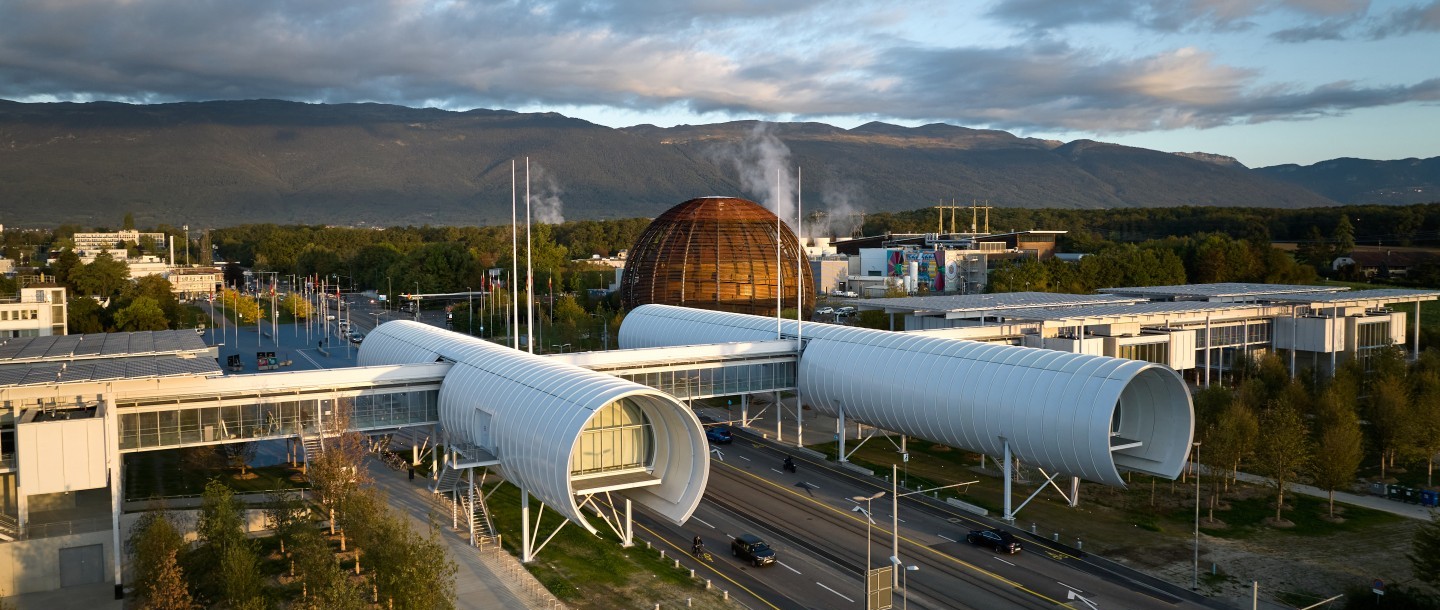
Hackathon Background and Objectives
In celebration of the International Year of Quantum.png) Science and Technology, the Open Quantum Institute (OQI) at CERN and the University of Geneva are co-organising the first Quantum Materials Hackathon, which will be hosted at CERN IdeaSquare on 11-13 July 2025.
Science and Technology, the Open Quantum Institute (OQI) at CERN and the University of Geneva are co-organising the first Quantum Materials Hackathon, which will be hosted at CERN IdeaSquare on 11-13 July 2025.
.png) Quantum materials are materials that display unique and sometimes unusual properties due to the laws of quantum mechanics, for example, graphene. Given the quantum nature of such materials, their design/modelling is considered by many to be an area in which quantum computing is most likely to show a significant advantage over classical computing, which is why their design has been chosen as the main focus of this hackathon.
Quantum materials are materials that display unique and sometimes unusual properties due to the laws of quantum mechanics, for example, graphene. Given the quantum nature of such materials, their design/modelling is considered by many to be an area in which quantum computing is most likely to show a significant advantage over classical computing, which is why their design has been chosen as the main focus of this hackathon.
This hackathon will explore how quantum  computing could be utilised to design novel quantum materials and how these materials can contribute towards the UN-SDGs, aligning with OQI’s overall mission. To achieve this, hackathon participants will be tasked with creating a practical application document, detailing how they would approach developing a quantum algorithm to design such a material. They will then begin to develop an algorithm with the potential to be refined further beyond the hackathon.
computing could be utilised to design novel quantum materials and how these materials can contribute towards the UN-SDGs, aligning with OQI’s overall mission. To achieve this, hackathon participants will be tasked with creating a practical application document, detailing how they would approach developing a quantum algorithm to design such a material. They will then begin to develop an algorithm with the potential to be refined further beyond the hackathon.
Purpose of the Hackathon
Besides the previously mentioned challenge outputs of the event, this hackathon also aims to have a much broader impact on the participants, organisations/institutions, and the overall community engaging with the event. Some of the broader impacts intended for the event are as follows:
- Upskilling/educating new talent in the field of
 quantum computing/materials.
quantum computing/materials. - Connecting academic and industrial quantum communities with each other and with new talent.
- Embedding participants and partnering organisations within the OQI community, facilitating future collaboration with others beyond the hackathon.
- Elaborating on a roadmap for applications of quantum materials to inform future research projects across academia/industry.
Who is the Hackathon for?
There will be between 6 teams for the hackathon, with 35 participants in total. Each team will consist of students from CERN, UNIGE, ETH Zurich, FHNW and EPFL.
Supporters
%20(1000%20x%20500%20px)%20(2).png)